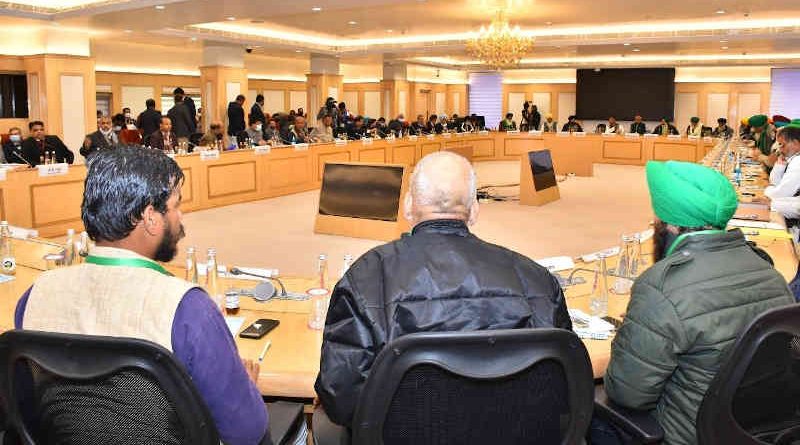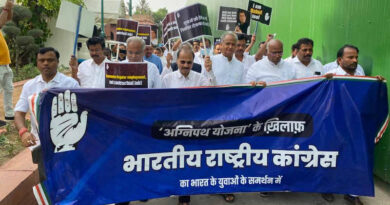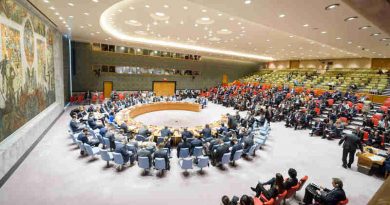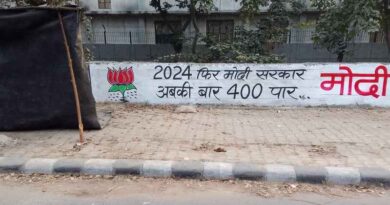Punjab Farmers Holding Unjustified Protests
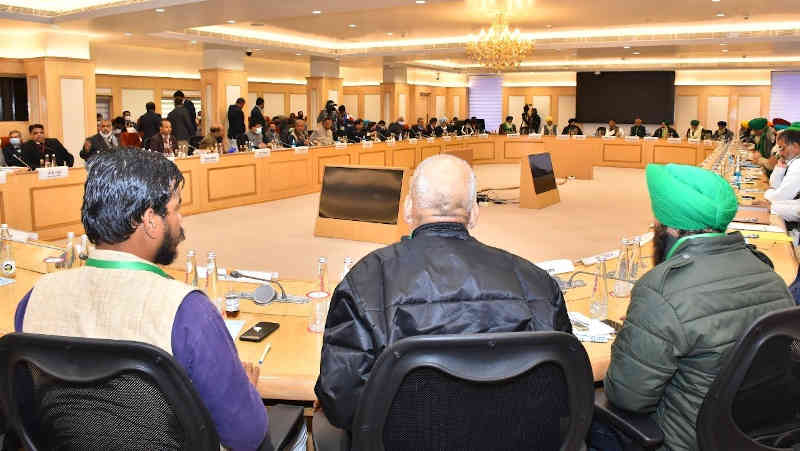
The farmers should accept the new farm laws that are supposed to introduce free-market systems in the Indian agricultural business.
By Rakesh Raman
A few farm leaders who have been protesting around Delhi since November 2020 are, in fact, misleading the gullible protesters to continue the agitation, although their demands are totally unjustified.
The Sanyukt Kisan Morcha (SKM) leaders, who are spearheading the farmers’ protests, claim that they are leading an all-India protest of farmers. However, the truth is that only a handful of protesters from Punjab are participating in the demonstrations on the outskirts of Delhi.
Initially, around November last year, a few farmers from other Indian states joined the protest started by Punjab farmers. But now there are hardly any farm protests in other parts of the country. As most protesters have realized that the SKM leaders (most of them are from Punjab) have no plan to take the movement forward and they are wasting time on roads, they have left the protest sites.
The SKM leaders – who are naive farmers from local rural outfits – do not understand the mechanics of a nationwide modern resistance movement. As they are mostly illiterate, they only encourage the protesters to shout shallow slogans against the government while sitting without purpose on the periphery of the city.
These docile protesters are not posing any challenge to the government. That’s why the Indian government of Prime Minister (PM) Narendra Modi has completely ignored the dying protests and stopped holding any discussion with the SKM leaders.
The farmers are demanding the withdrawal of three new farm laws introduced by the Modi government along with a legal guarantee for minimum support price (MSP) for their crops. But the Modi government has refused to accept farmers’ demands saying that these demands are not justified.
The new farm laws are supposed to introduce free-market systems in the Indian agricultural business. But the farmers want government protection for their produce. Instead of selling their crops in the open market, the farmers expect the government to buy from them. But this is an unreasonable expectation.
|
Rural Resistance: Protests by Farmers Raman Media Network (RMN) Company – which is working in diversified content creation, management, and distribution businesses on a global scale – has launched “Rural Resistance: Protests by Farmers” editorial section. This section under the RMN news service has been created to cover the agricultural reforms and ongoing farmers’ protests in India. It carries news, views, and related developments and invites farmers as well as farming experts to share their views which will be published on the site. You can click here to visit the section. |
Going by this logic, the producers in other market segments such as garments, shoes, automobiles, etc. should also be given MSP guarantee by the government. The farming industry is like any other manufacturing industry where some raw material is used to produce consumable products.
[ Download and Read: Proposal to Promote Organic Farming ]
Therefore, the government should not treat farm products differently from other products. In other words, the Indian government should not provide any purchase protection in the form of MSP to farmers who should be asked to follow the free market economy which is prevalent across the world.
The government can, however, provide the farmers necessary support and training to adopt modern farming systems driven by Agriculture 4.0 to increase farmers’ income. Similarly, the government can encourage Indian farmers to embrace organic farming as organic farm products have greater market demand.
Since most Indian farmers are uneducated, the government should also arrange tailor-made education programs for the new generation of farmers so that they could survive and thrive in the cut-throat business world.
Therefore, the farmers should immediately end their unjustified protests which are already losing steam and get ready to operate in the modern agricultural market.
By Rakesh Raman, who is a national award-winning journalist and social activist. He is the founder of a humanitarian organization RMN Foundation which is working in diverse areas to help the disadvantaged and distressed people in the society.
💛 Support Independent Journalism
If you find RMN News useful, please consider supporting us.

